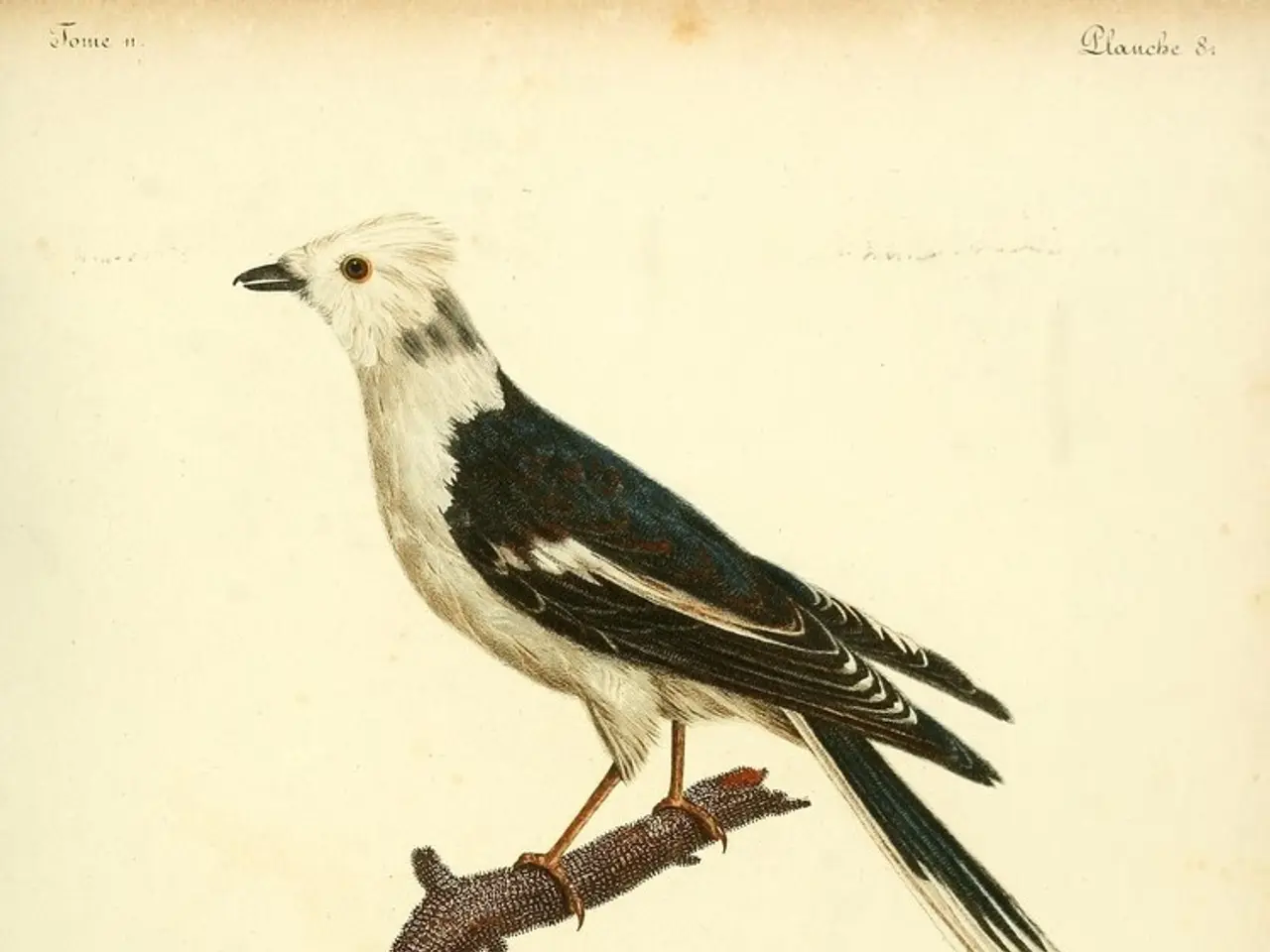Breathtaking yet repellent victory: Vogel dominates Baden-Württemberg, yet public consensus is against it.
In recent years, the population of wild geese, including the Egyptian Goose, has been on a significant upward trend, causing concerns for both the environment and public safety. This increase has led to conflicts between humans and the geese, particularly in Baden-Württemberg and Bavaria.
One of the reasons for the proliferation of the Egyptian Goose is their aggressive breeding behavior and high adaptability, which puts pressure on existing species and draws them to cities. This behavior has resulted in unpleasant side effects, such as defecated areas in public places, attacks by parent animals on pedestrians, and a decrease in other waterfowl species.
The Egyptian Goose, easily identifiable by its dark eye spot, has been breeding in southern Germany for about 30 years, initially escaping from enclosures and spreading from the Netherlands. This rapid expansion has caused a surge in their numbers, leading to the need for solutions.
Potential solutions include converting areas into flower meadows, as high grass is disliked by Egyptian geese. Other options include scaring the geese away using drones, pyrotechnics, or falconers with birds of prey, and destroying their nests, although the latter can be laborious due to the geese's tendency to nest in high trees.
However, hunting may not be an effective solution for population control, as there is a view that the birds would quickly fill any vacated niches with new offspring. Instead, the focus has shifted towards keeping the geese away from certain areas, such as in the pilot project initiated by the city of Esslingen, which aims to control the goose problem for three years without resorting to hunting or eating the birds.
Various organisations, including ornithological societies, Naturschutzorganisationen, and state Vogelschutzwarten, are actively involved in finding a solution to the Egyptian Goose problem. They conduct monitoring and census activities to assess populations and breeding success, such as the landwide summer goose counts in NRW and Lower Saxony, which serve as models for other federal states. Organisations like the Committee against Bird Slaughter also work towards the protection of birds in general and carry out educational activities.
Concrete measures include mapping and monitoring of populations to better understand their numbers and distribution, enabling management actions to be planned. However, there is criticism regarding the culling of healthy animals in zoos, and an appeal for greater responsibility in dealing with animal populations, which is also relevant in the context of population management for species like the Egyptian Goose.
Baden-Württemberg's Minister of Agriculture, Peter Hauk (CDU), has addressed the issue of the Egyptian Goose, acknowledging the need for a comprehensive solution to the growing problem. As the population continues to increase, it is clear that finding a long-term, humane solution is essential for the benefit of both humans and the geese.








